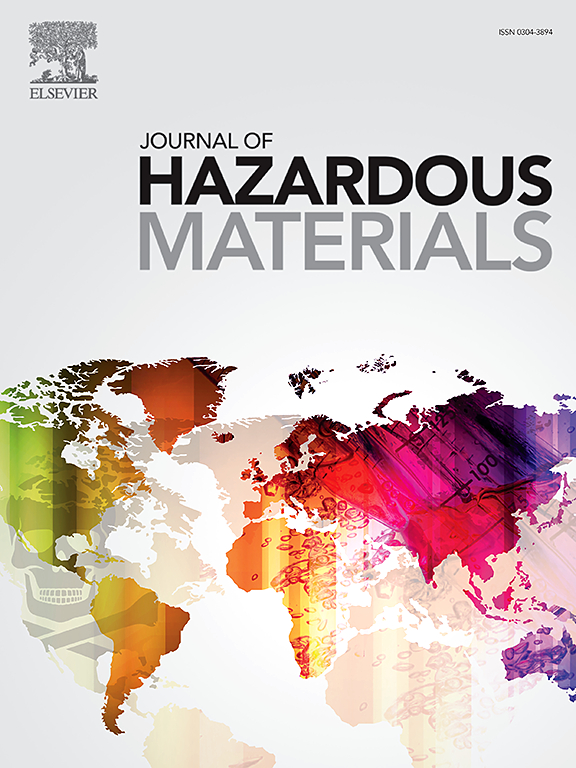Prenatal Amoxicillin Exposure Induces Depressive-Like Behavior in Offspring via Gut Microbiota and Myristic Acid-Mediated Modulation of the STING Pathway
Abstract
Amoxicillin is a widely used antibiotic globally, and its pervasive environmental presence poses significant risks to human health and ecosystems. Notably, prenatal amoxicillin exposure (PAmE) may have long-term neurodevelopmental toxicity for offspring. In this study, we investigated the lasting effects of PAmE on depressive-like behaviors in offspring rats, emphasizing the biological mechanisms mediated by changes in gut microbiota and its metabolite, myristic acid. Our results showed that PAmE significantly disrupted the gut microbiota composition in offspring, particularly through the reduction of Lachnospiraceae, leading to decreased levels of myristic acid. This disruption hindered the N-myristoylation of ADP-ribosylation factor 1 (ARF1), impaired the normal degradation of the stimulator of interferon genes protein, inhibited autophagic processes, and promoted M1 polarization of microglia, ultimately leading to depressive-like behaviors in the offspring. Remarkably, supplementation with Lachnospira or myristic acid effectively reversed the PAmE-induced neurodevelopmental and behavioral abnormalities, alleviating depressive-like symptoms. This study reveals how PAmE affects offspring neurodevelopment and behavior through gut microbiota and myristic acid, highlighting the crucial role of the gut-brain axis in the modulation of depressive symptoms. Supplementing Lachnospira or myristic acid could represent a novel strategy to mitigate PAmE-induced fetal-originated depression, providing new biological evidence and potential therapeutic avenues.





